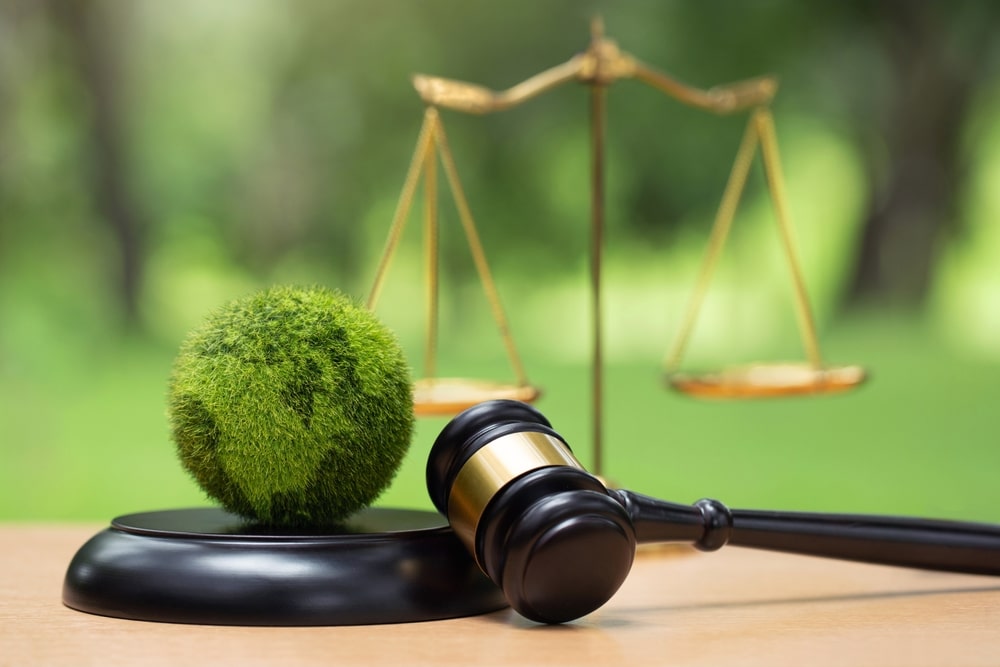At first glance, a column about protecting our environment may seem like an odd forum to write about our state judicial elections, but given the structure of Pennsylvania’s statewide courts, there is no more appropriate place to illustrate the connection between statewide courts and protecting Pennsylvanians’ constitutional rights “to clean air, pure water, and to the preservation of the natural, scenic, historic and esthetic values of the environment.” (Art. 1, Sec. 27)
Many are unfamiliar with our statewide courts. Here are the basics.
There are three of them. The Supreme Court of Pennsylvania is the highest court in the Commonwealth and the oldest appellate court in the nation. In a preview of this year’s primary election, Spotlight PA’s Kate Huangpu wrote, “The state Supreme Court takes on relatively few cases, but its rulings can have a major impact on politics and policy in Pennsylvania. In recent years, the court has decided cases on reproductive rights, mask mandates, and election disputes.”
The Superior Court is an intermediary court which hears appeals in criminal and most civil cases from the Courts of Common Pleas. While composed of 14 members, it commonly hears cases in panels of three judges.
The Commonwealth Court of Pennsylvania is the other intermediate appellate court, with jurisdiction over administrative and civil public law. There are eight Commonwealth Court judges.
Statewide judges are elected to 10-year terms and may run for retention to subsequent 10-year terms but must retire at the end of the calendar year in which they reach 75 years of age.
Illustrating the importance of our statewide courts, a ruling on Pennsylvania’s participation in the Regional Greenhouse Gas Initiative (RGGI) could come at any day from the Supreme Court. While this is a notable, high-profile case, our statewide courts often make final decisions on public parks and land preservation, rules and statutes related to the protection of our water and air, and regulations related to fossil fuels and pipelines.
The Superior Court hears cases from County Courts of Common Pleas, where District Attorneys can make use of prosecutorial privilege and bring charges against polluters in their communities. And the Commonwealth Court not only rules on state regulatory actions by agencies and the legislature, it also hears cases from municipalities related to zoning and planning disputes.
Given the role of our statewide appellate courts in upholding the laws that protect our air, our water, and our vote, there is no more important imperative this election cycle than protecting our pro-environment and pro-democracy majority on the PA Supreme Court.
With what is at stake, make sure you vote! Urge your family, friends and neighbors to vote! In 2021, just 31.7 percent of eligible voters cast a ballot in the state Supreme Court race according to statistics from the PA Department of State. If conservation voters turnout, we win.
It’s that simple.
Need to register? Want to request a mail in ballot? Visit VotePA.gov.
Want to know who Conservation Voters of PA has endorsed in these critical races, along with local municipal elections across the state? Visit ConservationPA.org.
It’s also that simple. And with the future of Pennsylvania’s environment in the balance, it’s that important.






